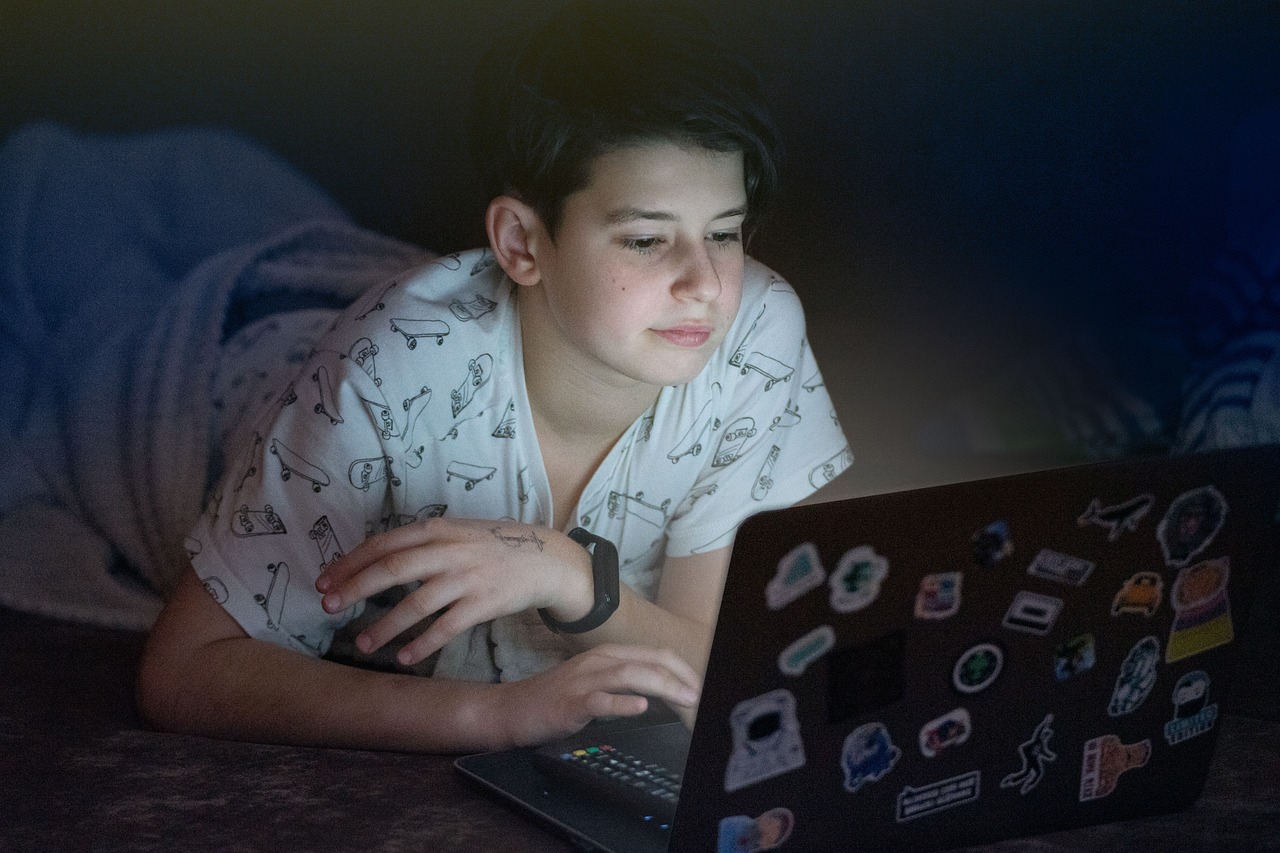To begin setting up parental controls on an iPhone, go to "Settings" then select "Screen Time." Here you will find a variety of options designed to manage your child’s iPhone use. But first, you need to set up a Screen Time passcode so that only you can change these settings or approve app downloads.
From this menu, select "Content & Privacy Restrictions." You'll be prompted to enter your passcode before proceeding. Once inside this section, there are several features available that allow enhanced control over what content your child sees.
The 'Content Restrictions' option allows parents to block explicit content in music, podcasts, news and websites. It also lets parents limit adult content or specify allowed websites only in Safari browser. Moreover, 'Game Center' restrictions allow parents to decide whether their kids should have multiplayer games or add friends in Game Center.
Another significant feature is 'App Limits.' This tool enables parents to set daily time limits for individual apps or categories like social networking or games. A beneficial aspect for managing screen time effectively and ensuring balanced usage of different applications.
'Material Privacy & Restrictions' provide control over sharing location data with apps; changes to passwords; account changes; volume limit; TV provider changes etc., lending greater privacy control which is vital considering increasing data threats these days.
Furthermore, if the child uses iMessage or FaceTime frequently, 'Communication Limits' can be used effectively by specifying who they're permitted to communicate with during downtime and screen time.
Lastly but importantly is the 'Family Sharing' feature. It allows a parent to share App Store purchases, Apple subscriptions and more with their family without sharing accounts.
In conclusion, understanding and effectively utilizing parental controls on an iPhone can provide parents with peace of mind regarding their child's online safety. While these tools cannot replace active parenting and open conversations about internet responsibility, they are valuable supplements in ensuring a safer digital environment for our children.
Least probable words: innocence, passcode, Safari, Game Center, balanced usage, data threats , FaceTime , Family Sharing

